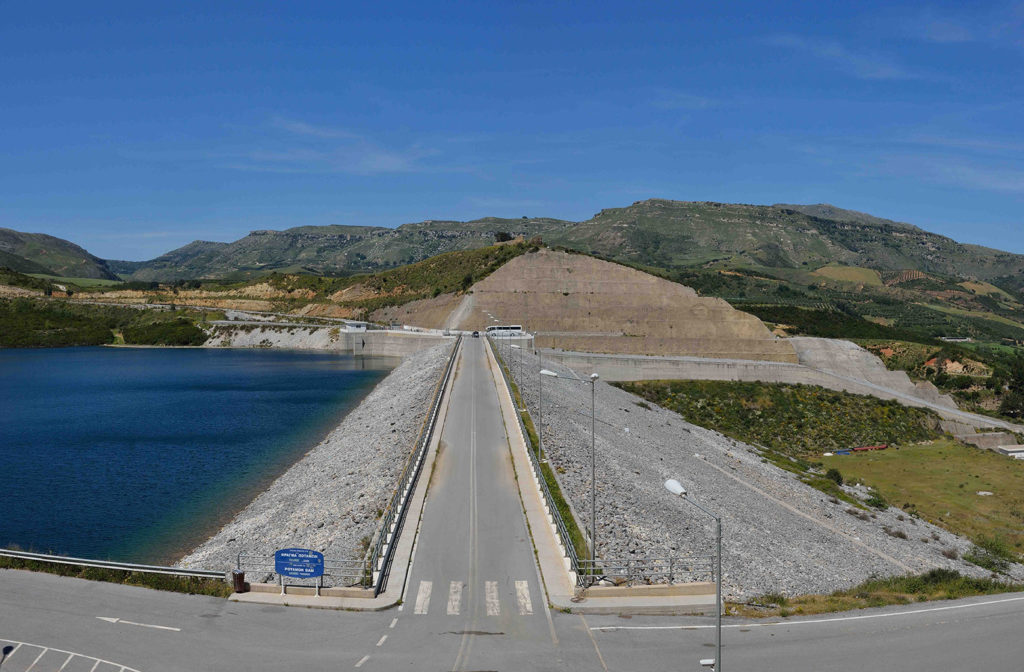In the heart of the Mediterranean, Crete stands as a beacon of natural beauty and cultural heritage. As the world grapples with environmental challenges, this Greek island has become a model of sustainable living. The people of Crete have long practiced eco-friendly traditions, blending ancient wisdom with modern innovations to create a lifestyle that honors the environment. Here, sustainable living is not just a trend but a way of life deeply rooted in the island’s culture and daily practices.
Agriculture and Local Food Production
One of the cornerstones of sustainable living in Crete is its agricultural practices. The island’s fertile soil and favorable climate have made it a hub for organic farming. Local farmers prioritize crop rotation, companion planting, and natural pest control methods to maintain soil health and reduce the need for chemical fertilizers and pesticides. The olive groves and vineyards of Crete are iconic, and their cultivation practices emphasize sustainability. Many farms are family-run, and the knowledge of eco-friendly farming techniques is passed down through generations.
The Cretan diet, renowned for its health benefits, is inherently sustainable. It emphasizes locally-sourced, seasonal produce, and traditional dishes often feature wild greens, legumes, and herbs. By supporting local farmers and consuming seasonal foods, residents reduce their carbon footprint and promote biodiversity.
Energy Conservation and Renewable Resources
Crete has made significant strides in energy conservation and the use of renewable resources. Solar energy is abundant on the island, with many homes and businesses utilizing solar panels for electricity and hot water. The Cretan government has invested in wind farms, which now contribute a significant portion of the island’s energy needs. This shift towards renewable energy sources not only reduces greenhouse gas emissions but also provides energy security for the island.
In rural areas, traditional building techniques help to conserve energy. Thick stone walls, whitewashed exteriors, and strategic placement of windows and doors ensure homes remain cool in the summer and warm in the winter, minimizing the need for artificial heating and cooling. These architectural practices, combined with modern insulation and energy-efficient appliances, create homes that are both comfortable and environmentally friendly.
Water Management and Conservation
Water scarcity is a pressing issue in many parts of the world, and Crete is no exception. The island has implemented various water conservation measures to address this challenge. Traditional terracing and cisterns capture and store rainwater for agricultural use, reducing the dependence on groundwater. Modern irrigation systems, such as drip irrigation, are widely used to minimize water wastage and ensure that crops receive the necessary moisture with minimal environmental impact.
In urban areas, efforts are made to reduce water consumption through public awareness campaigns and the promotion of water-saving devices. Low-flow faucets, dual-flush toilets, and efficient washing machines are becoming standard in Cretan homes. Additionally, wastewater treatment plants recycle and purify water for use in agriculture and landscaping.
Waste Management and Recycling
Waste management is another critical aspect of sustainable living in Crete. The island has implemented comprehensive recycling programs to reduce the amount of waste sent to landfills. Public recycling bins are conveniently located throughout towns and villages, and residents are encouraged to separate their waste into recyclable categories. Composting is also common, with many households using food scraps and yard waste to create nutrient-rich compost for their gardens.
The Cretan community places a strong emphasis on reducing plastic usage. Many shops and markets offer reusable bags, and there is a growing trend towards packaging-free products. Local businesses are increasingly adopting sustainable practices, such as using biodegradable packaging and offering refillable containers for household products.
Sustainable Tourism
Tourism is a significant part of Crete’s economy, and the island is committed to promoting sustainable tourism practices. Eco-friendly accommodations, such as agritourism farms and eco-lodges, provide visitors with the opportunity to experience Cretan culture while minimizing their environmental impact. These establishments often use renewable energy, source food locally, and offer activities that promote environmental awareness.
Guided tours and outdoor activities, such as hiking and bird watching, are designed to educate visitors about the island’s natural heritage and the importance of conservation. Sustainable tourism initiatives help to protect Crete’s unique ecosystems and cultural sites, ensuring that they can be enjoyed by future generations.
Conclusion
Sustainable living in Crete is a harmonious blend of tradition and innovation. The island’s commitment to eco-friendly practices is evident in its agriculture, energy use, water management, waste reduction, and tourism. By embracing these sustainable practices, the people of Crete not only preserve their environment but also enhance their quality of life. Their approach serves as an inspiring example for communities around the world striving to create a more sustainable future.


